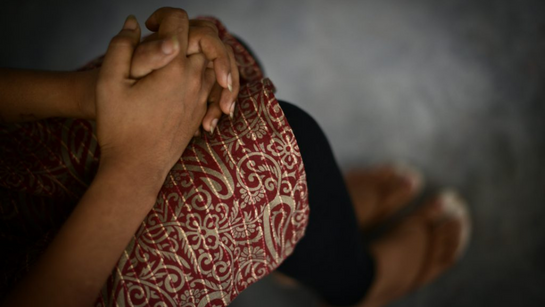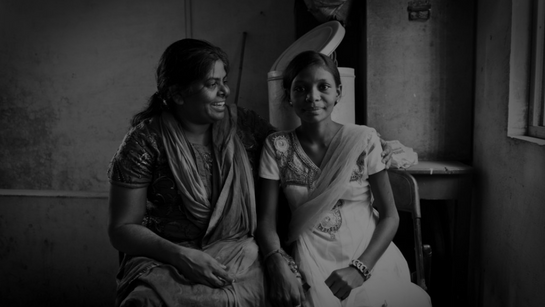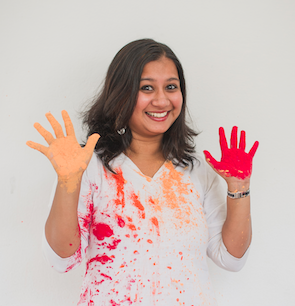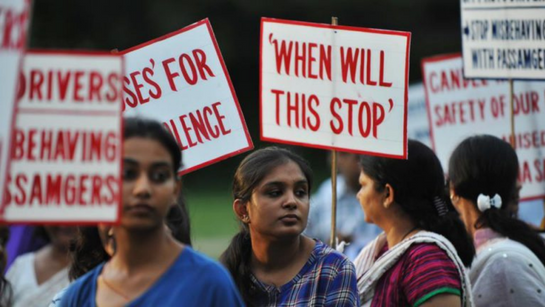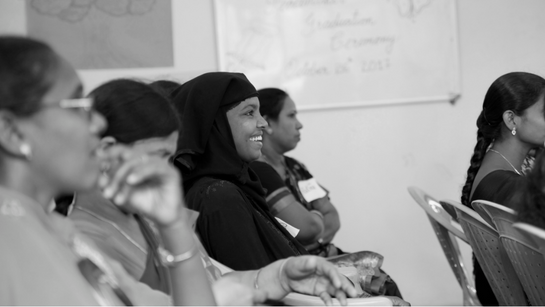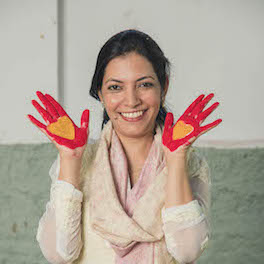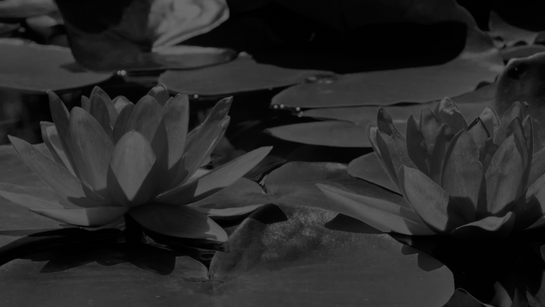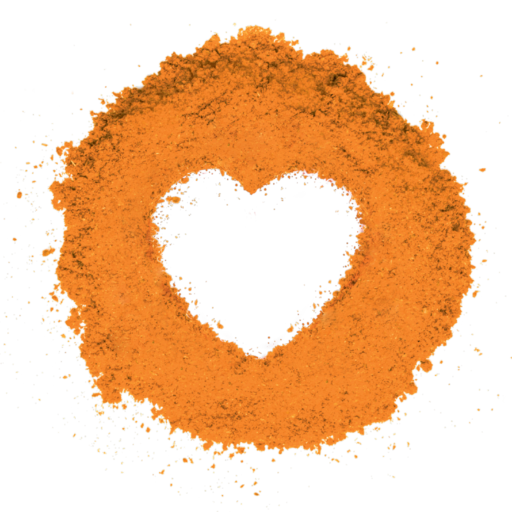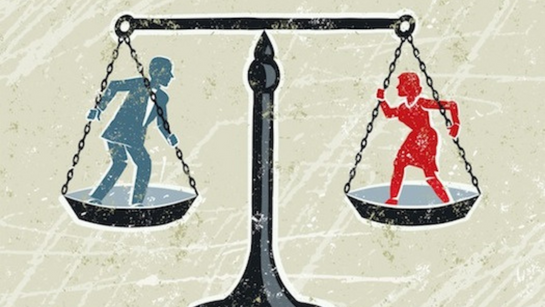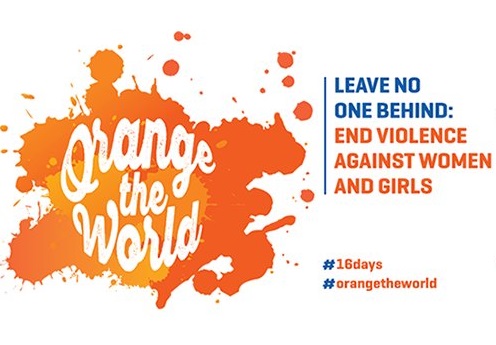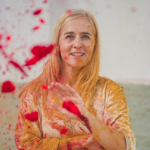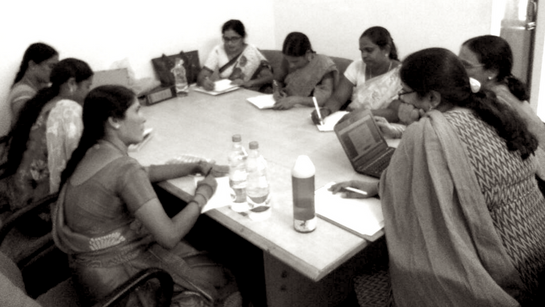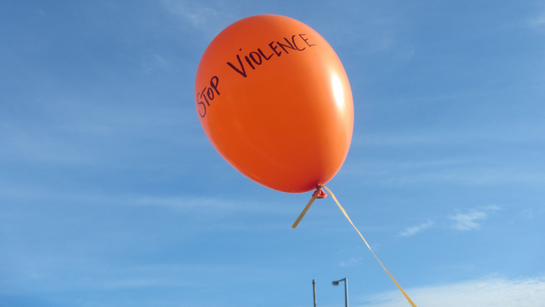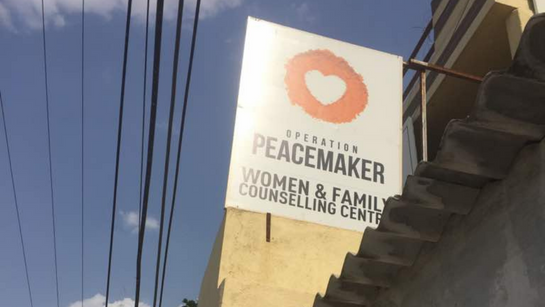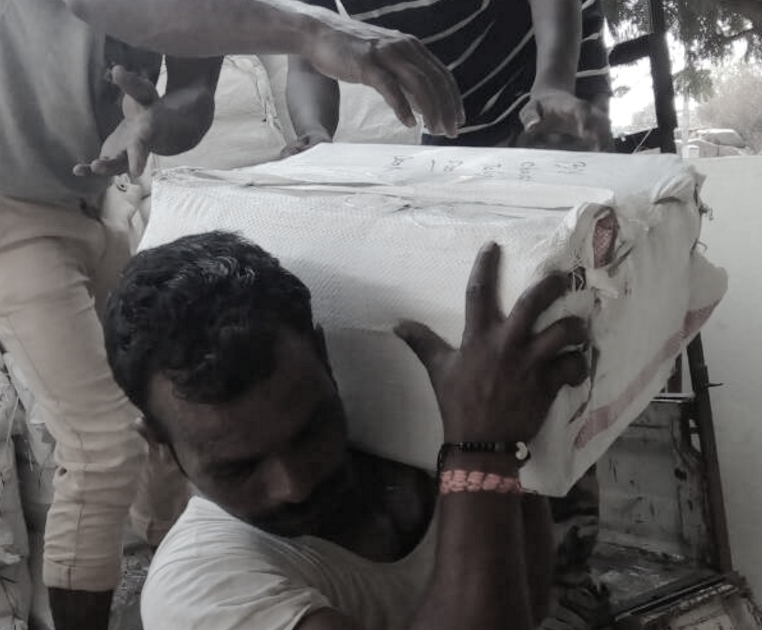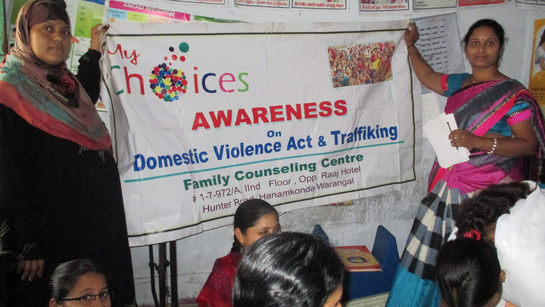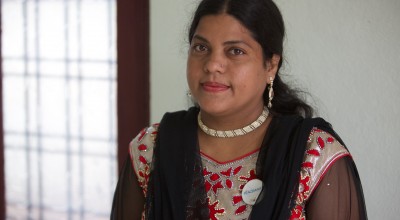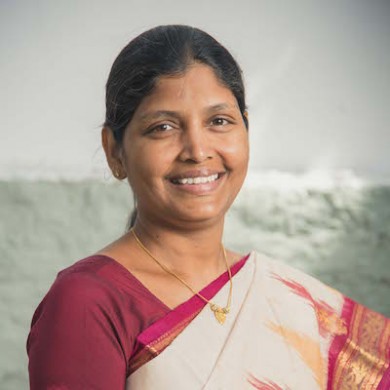- CATEGORY: OPERATION PEACEMAKER
Rekha’s Story
Rekha had been trapped in an abusive relationship with her husband since before her marriage. He had been pursuing her for long before the marriage and had threatened to commit suicide if she would not yield to his proposal. Feeling fearful that he would commit suicide, Rekha agreed to marry him. She believed that once […]
Rekha had been trapped in an abusive relationship with her husband since before her marriage. He had been pursuing her for long before the marriage and had threatened to commit suicide if she would not yield to his proposal. Feeling fearful that he would commit suicide, Rekha agreed to marry him. She believed that once they are married, he would not harass her. Unfortunately, her husband started abusing her from the day they got married. She constantly operated from a space of fear as he would sexually, emotionally, and financially abuse her.
Rekha lost control over her belongings as her husband started selling her jewelry to support the family. He forbade Rekha from working under the guise of care and affection. It took Rekha one year to convince her husband to let her work but this came at the expense of enduring more abuse. The abuse would often lead to bleeding injuries which she tried to hide from everyone. Once she started working, she felt a lot more confident about herself but was abused constantly due to this newly gained freedom.
After being abused for almost two years, Rekha gathered the courage to approach My Choices Foundation for help. The counselors with Operation PeaceMaker tried to help her in the best way possible by keeping Rekhas’s interests in mind. They conducted couple counseling sessions as well as individual sessions with Rekha and her husband to get a better understanding of the issue and to help them overcome their problems. Rekha was always afraid that she ‘can never do things right’ and that she would be reprimanded by her husband if she does not act according to his wishes. Her husband, on the other hand, operated from a space of dominance as he did not believe that he was hurting his wife.
Seeing no improvement in her relationship, Rekha decided to separate from her husband. She had started attending regular individual counseling sessions with the counselor as it helped her overcome the trauma that she had experienced and grow as a person. The counselors helped her understand that she is not responsible for the actions of others and that she should focus on her well-being.
With the help of the counselors at Operation PeaceMaker, Rekha gained the strength to leave her husband. She was able to move out of his house and find a place of her own which would give a sense of peace and freedom. Today, Rekha is an independent soul who is preparing for the civil services exam. She has also promised to donate for the cause on her birthday. Rekha is not only empowered to make her own decisions but is also in a space where she can help others going through a similar trauma!
If you are a victim of Domestic Violence, please know that you are NOT alone.
If you are experiencing domestic violence or are in an abusive relationship please call - 1800 212 9131, if it unsafe to call leave us a message on WhatsApp - 9333 40 4141
If you are unable to identify the signs of abuse, please take this quiz to learn more about your relationship.





